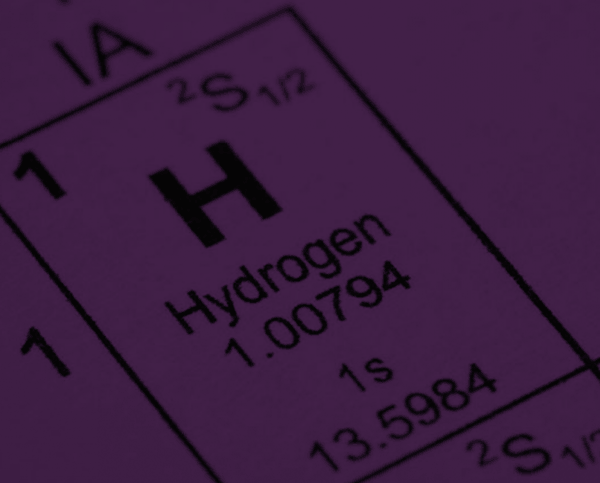Nanocage aims to trap and release hydrogen on demand
A “nanocage” capable of trapping and releasing gases on demand could be used to safely store hydrogen on-board cars and other vehicles.


Hydrogen has long been seen as a low-carbon replacement for fossil fuels in transportation. However, as a low-density gas, it is difficult to store safely and compactly within vehicles.
Now researchers at Bristol University, funded by the EPSRC, are developing composite materials capable of adsorbing hydrogen gas and storing it at high densities, within nanometre-sized pores.
What’s more, the materials are being used to allow trapping and release of the hydrogen molecules on demand, according to Dr Valeska Ting, Reader in Smart Nanomaterials at Bristol University.
“Hydrogen is a gas at room temperatures and pressures, so if you want to carry it around it takes up a lot of volume,” said Dr Ting.
This has prompted research into porous materials such as nanostructured carbons, metal-organic frameworks or zeolites, which have a high surface area. These materials act like a sponge, sucking in the hydrogen and storing it in nanometre-sized pores at far higher densities than is possible in gas form.
Register now to continue reading
Thanks for visiting The Engineer. You’ve now reached your monthly limit of news stories. Register for free to unlock unlimited access to all of our news coverage, as well as premium content including opinion, in-depth features and special reports.
Benefits of registering
-
In-depth insights and coverage of key emerging trends
-
Unrestricted access to special reports throughout the year
-
Daily technology news delivered straight to your inbox










Water Sector Talent Exodus Could Cripple The Sector
Maybe if things are essential for the running of a country and we want to pay a fair price we should be running these utilities on a not for profit...